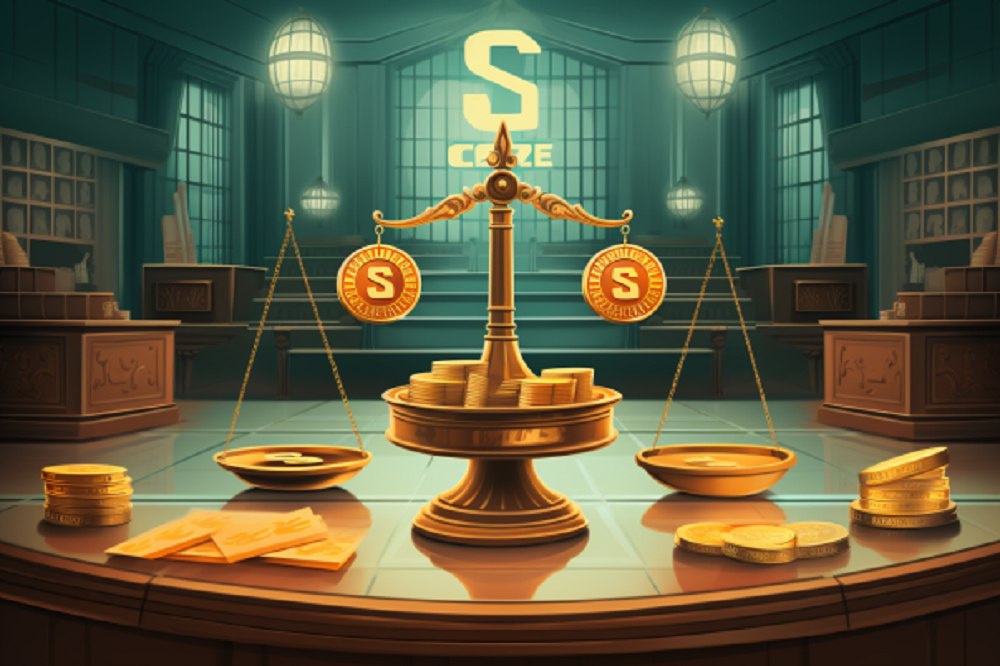A Call For Clarification Of Trading Rules
One of the leading stablecoin issuers, Circle (USDC), reportedly shared insights regarding the ongoing legal feud between the US SEC and the world’s largest crypto exchange, Binance. Circle argued that the financial trading regulations within the United States should not extend to stablecoins because they are not securities.
The firm’s involvement is based on the argument that the regulatory frameworks governing financial trading shouldn’t automatically apply to stablecoins. The stablecoin issuer argued that these digital assets’ valuation is pegged to underlying fiat currencies.
Thus, they cannot be classified as securities. Recall that this legal dispute started in June 2023, when the regulator issued a Wells’ Notice containing several legal charges to Binance and Coinbase.
SEC’s Claims
According to the SEC, the lawsuit is due to the exchange’s alleged role in facilitating transactions involving various crypto assets, such as Solana (SOL) and Cardano (ADA) and stablecoins, such as the Binance stablecoin (BUSD).
The financial watchdog maintains that the transactions involving these digital assets can be classified as unregistered securities trading. However, Circle emphasizes the distinct nature of stablecoins, highlighting how their value stability is derived primarily from collateral assets.
Thus, stablecoins differ from other types of crypto tokens subject to significant price volatility. Circle suggests that stablecoin legislation should include a distinct set of trading regulations recognizing the asset backing each stablecoin.
Meanwhile, analysts believe that the court’s ruling regarding this case would be significant for the crypto industry since Binance and Coinbase are among the leading crypto firms advocating for custom regulations for the crypto industry.
They believe the crypto industry should not be burdened by the stringent and established rules that currently govern the United States’ traditional finance sector.
Stablecoins Are Not Securities – Circle
Circle’s perspective on the discussion is based on the unique nature of assets like BUSD and its self-developed USDC, which are tied to the dollar’s value. The stablecoin issuer argued that these stablecoins should not be classified as securities because users do not expect or seek profit from unrelated transactions.
According to the company’s official filing, “payment stablecoins, on their own, do not have the essential features of an investment contract.” This assertion is critical because it indicates that such stablecoins are not within the commission’s purview.
Circle further backs up its claim with several established cases that support the idea that the sale of an asset without any subsequent promises or obligations from the seller does not meet the criteria for constituting an investment contract.
Meanwhile, the SEC contended that BUSD was presented and offered to the public like an investment contract. The regulator’s claim was derived from Binance’s marketing efforts, which promoted BUSD as an investment vehicle that could generate returns through participation in reward programs.
Accordingly, the regulator and Binance have contrasting views over the classification of BUSD and the appropriate regulatory policy applicable to it. Hence, Binance, its US subsidiary and founder Changpeng Zhao have taken legal steps to challenge the SEC’s position.
They seek the court’s motion to dismiss the regulator’s case. Their filing also claims that the regulator is attempting to assert authority over digital assets without congressional authorization.
